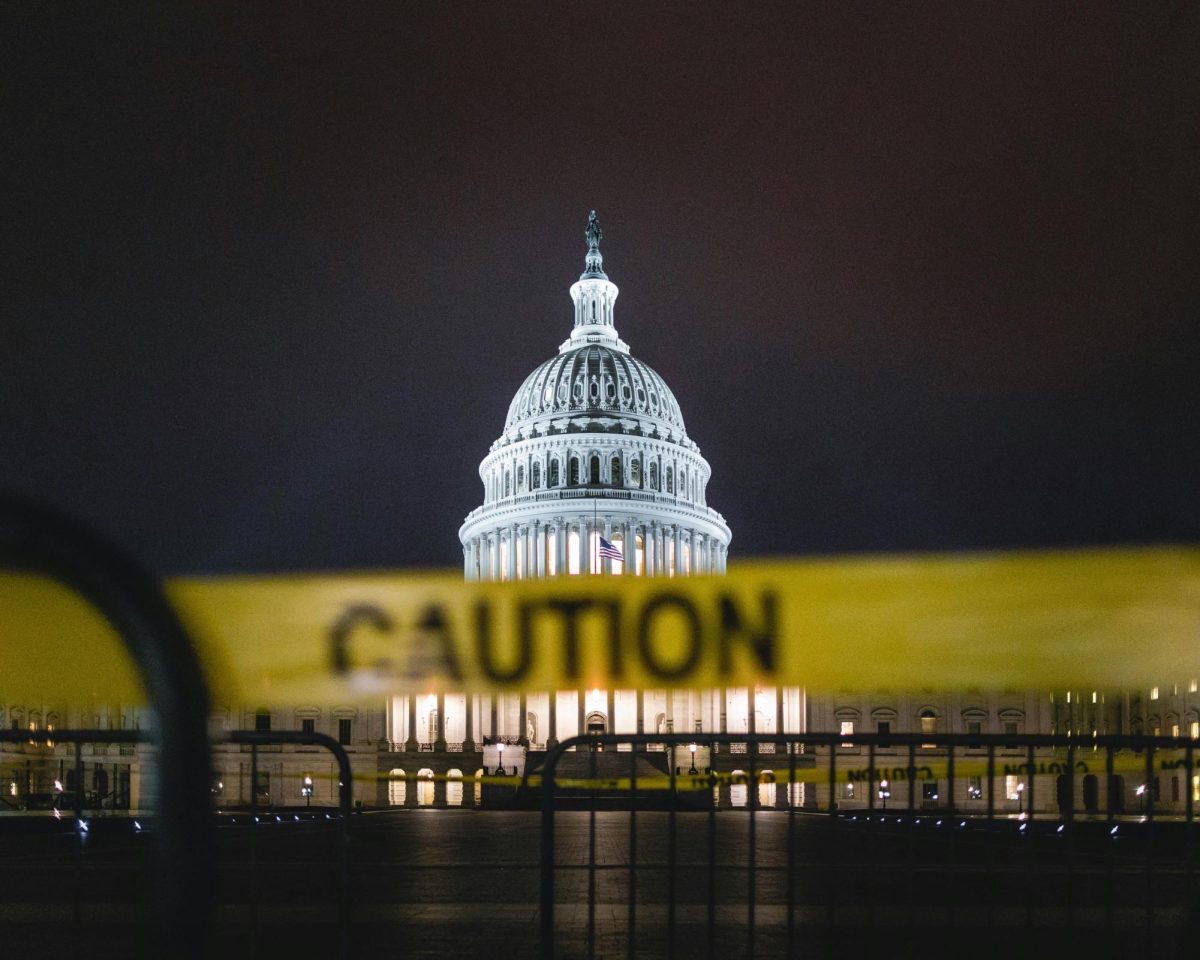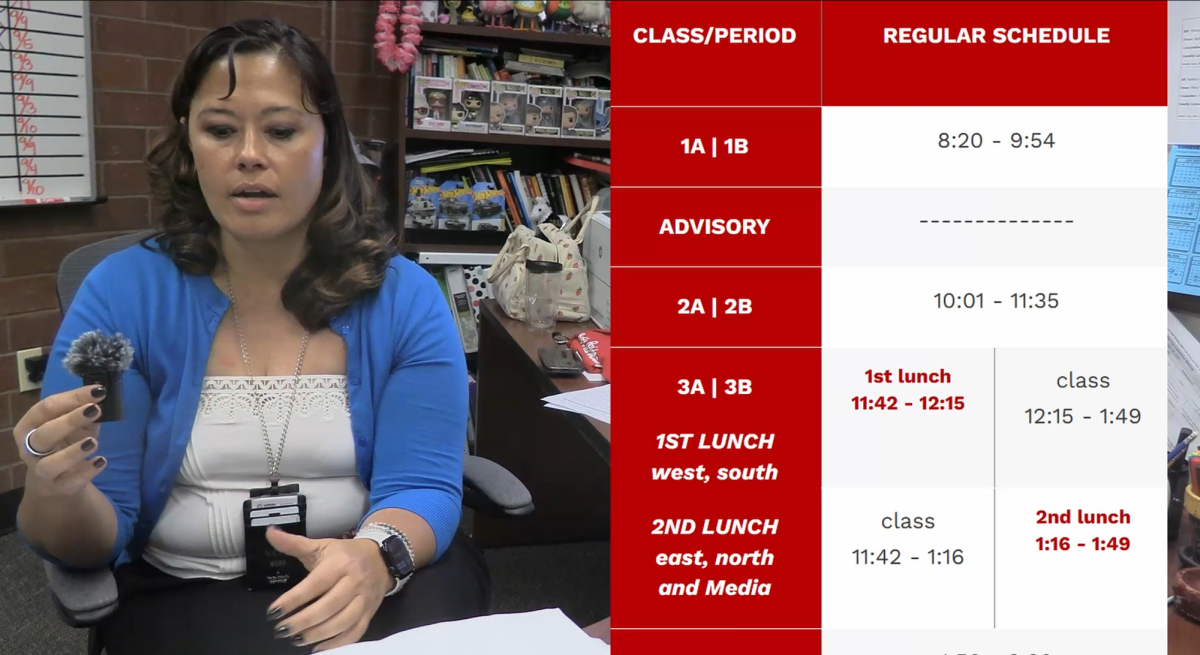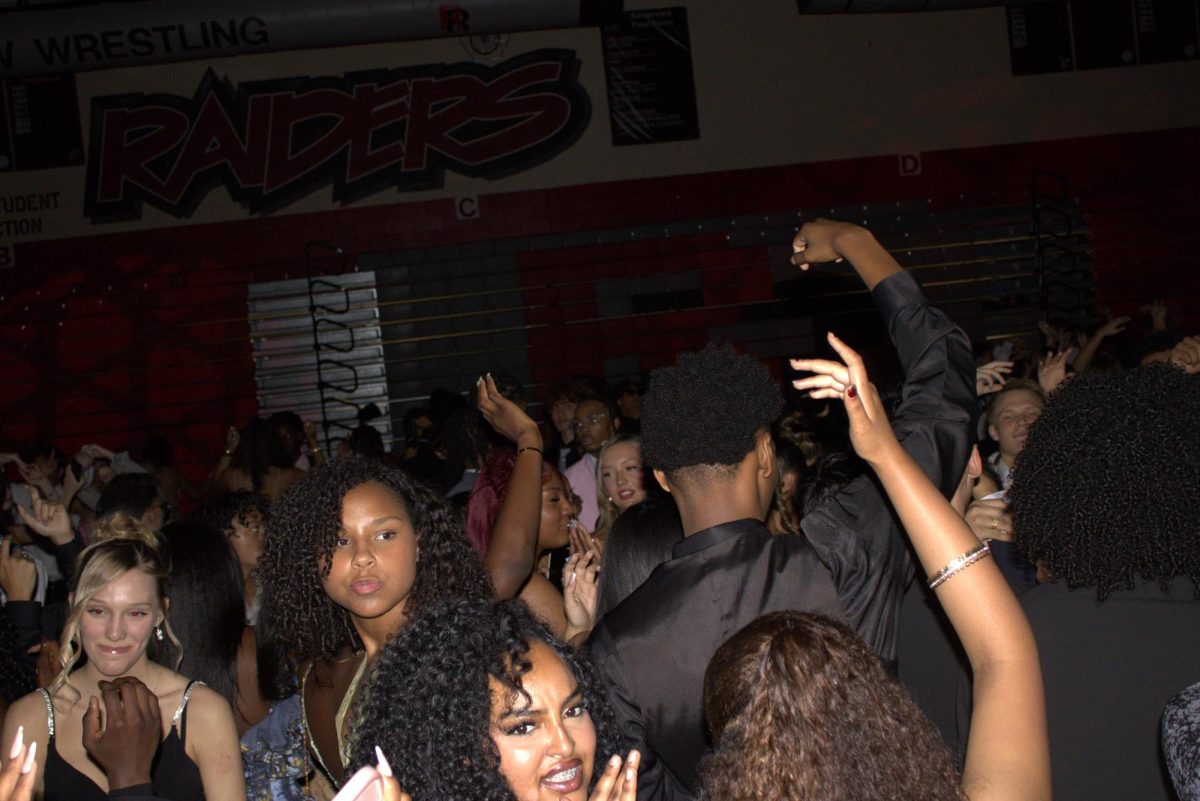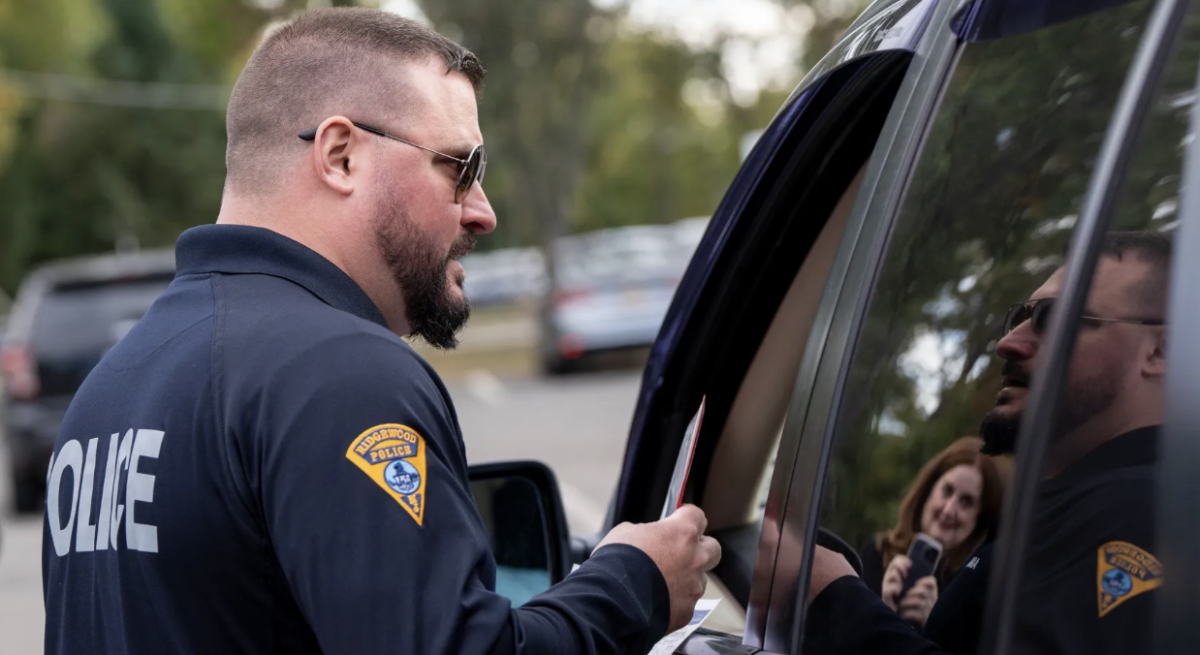A week ago the flaws within the criminal justice system were highlighted, surrounding the devastating and unjustified death of Marcellus Williams. Executed on September 24, 2024, for the 1998 murder of Felicia Gayle, he was dismissed of all the substantial evidence suggesting his innocence.
Marcellus Williams’ conviction was based on “circumstantial evidence” and the testimonies of two people, who claimed he had confessed the murder to them. However, no physical evidence directly linked Williams to the crime scene. According to “The Intercept” in 2015, DNA testing on the murder weapon showed the presence of an unknown male’s DNA, which did not match Williams’. This crucial piece of evidence should have warranted a new trial or at least a stay of execution. Yet, the courts did not grant him this opportunity, raising concerns about the judicial process’s fairness.
Rangeview student Haset Habtamu said “Then after 10 years they will come out and claim his innocence according to newly found evidence or something like that”
When they refused to reconsider Williams’ case from the new DNA evidence it only exemplified the extreme injustices in this country. The justice system’s failure to act on this new evidence not only robbed Williams of his right to a fair trial but also over the entirety of the legal process.
Although in his last interview, he explained he was at peace with whatever was decided, in a broader sense, Williams’ execution extends beyond his case. The death penalty itself is a constant issue as many people argue, including Rangeview students, that it is unjust and inhumane. The possibility of wrongful execution adds against this type of punishment and how, murder whether committed by an individual or decided by the state, is fundamentally wrong.
Rangeview senior, Ariana King, expressed her strong feelings on this topic, saying “I don’t understand why America is so reluctant to give death sentences but in this case even when there are doubts about his conviction, they proceeded without second guessing”
His execution sparked widespread anger among his family, friends, and basically throughout all of America. Firmly believing in his innocence and feeling betrayed by the justice system. His family was devastated and outraged. The new DNA evidence, which suggested he might not have committed the crime, only deepened their pain as the courts continued the execution despite of this information.
Protests started to form nationwide in response to his execution yesterday. Many people gathered outside the prison, holding signs and candles, demanding a halt to the execution. They argued that the new evidence should have been sufficient to at least delay the execution and re-examine the case. This also took place in other cities, with social media playing a significant role in sharing awareness with hashtags like #JusticeForMarcellus trending drawing attention to his case and the public’s disagreement with the death penalty.
The overall student response described it as barbaric and couldn’t believe the death penalty still existed in this day and age. They were deeply troubled by the fact that such a harsh and outdated form of punishment was still being practiced.
The execution of Marcellus Williams was a severe injustice, showing the need for improvement in the criminal system, particularly regarding the death penalty. The irreversible nature of the death penalty leaves no room for fixing possible mistakes made in cases. The public outcry and protests after Williams’ execution show that people are unhappy with a system that ignores important evidence and doesn’t protect innocent people. Ultimately, this tragic event calls for urgency to reconsider the death penalty.






